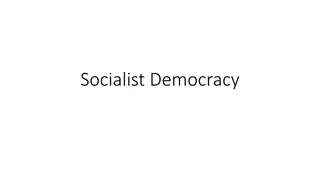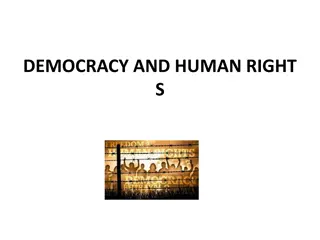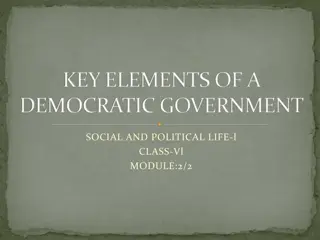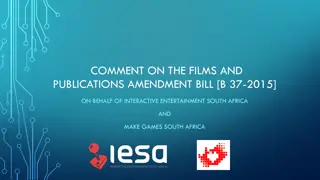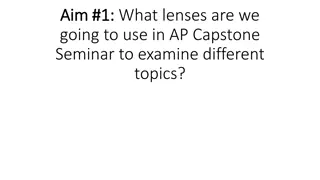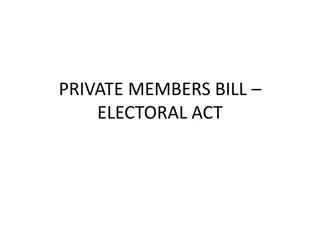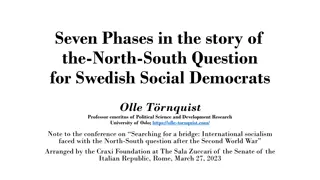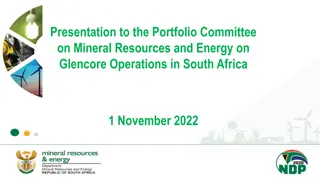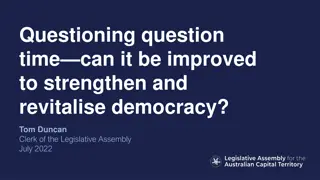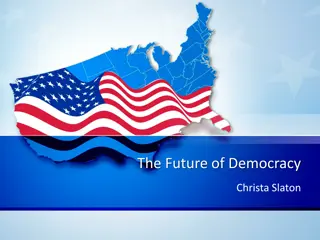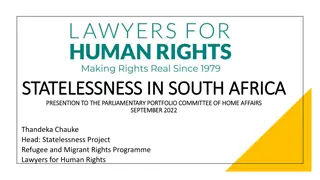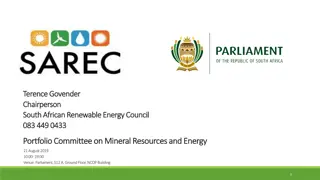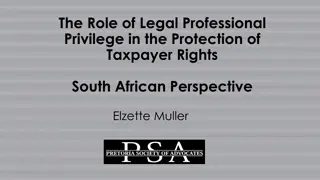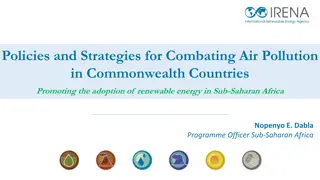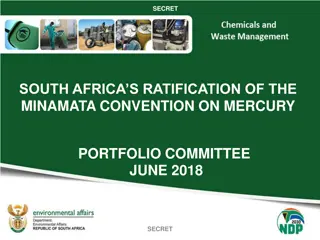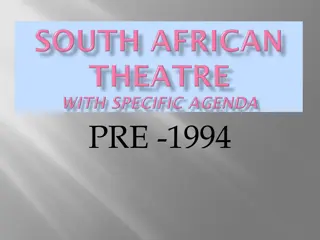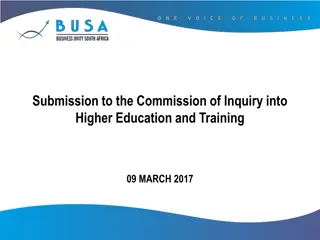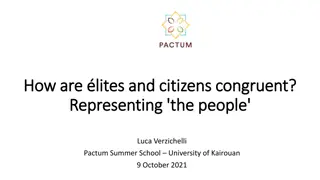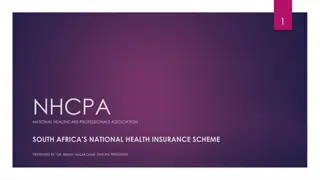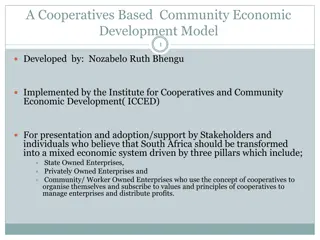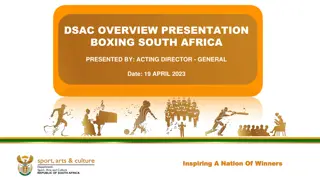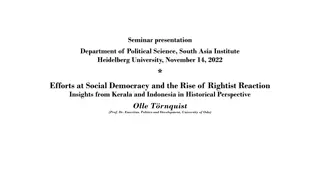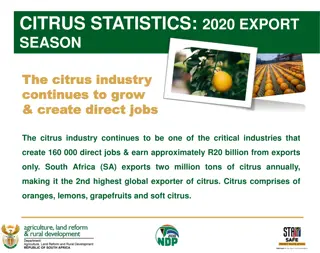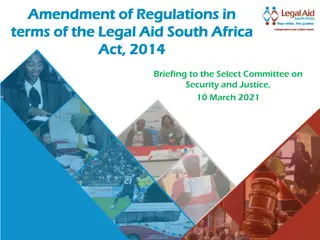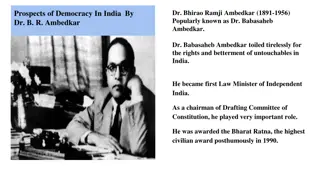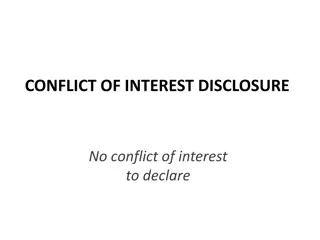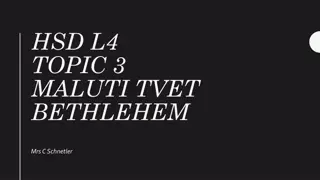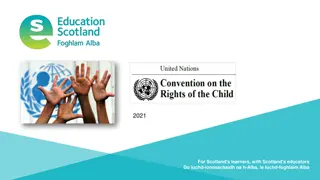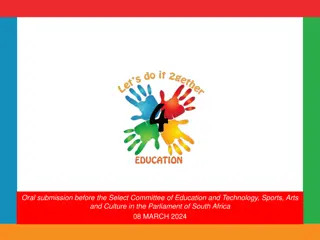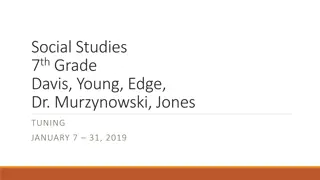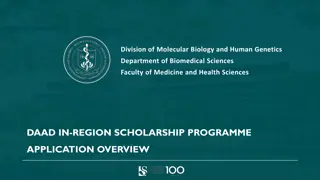Promoting Democracy and Rights through Education in South Africa
This presentation by UF4SGBs to the Parliamentary Portfolio Committee on Basic Education discusses the key concepts of democracy and rights in education, emphasizing equal access and eliminating discriminatory practices in South Africa. It outlines the country's commitment to equity and redress in education post-transition to democracy and highlights key policy documents that have shaped the education and training system's reform towards a non-racial and non-sexist framework.
Download Presentation

Please find below an Image/Link to download the presentation.
The content on the website is provided AS IS for your information and personal use only. It may not be sold, licensed, or shared on other websites without obtaining consent from the author. Download presentation by click this link. If you encounter any issues during the download, it is possible that the publisher has removed the file from their server.
E N D
Presentation Transcript
PRESENTATION BY UF4SGBs TO: PARLIAMENT ARY PORTFOLIO COMMITTEE ON BASIC EDUCATION
Introduction: Introduction: The The key to making teaching about volunteering and participation effective is to return to a few clear central concepts and skills throughout: a) Democracy a) Democracy in particular how do individual citizens really get to influence decision-makers and those in powerful positions whether they are in government, business, public services or other organizations? b) Rights b) Rights - including political rights and duties such as the right to voice your opinion, participate in campaigns, undertake political actions versus responsibilities to consider others; duties to be active rather than a free-rider in society. UF4SGB s Believe that; UF4SGB s Believe that; 1. Everyone has the right to education. Education shall be free, at least in the basic and fundamental stages. Basic education shall be compulsory. 2. Education shall be directed to the full development of the human personality and to the strengthening of respect for human rights and fundamental freedoms. 3. It shall promote understanding, tolerance and friendship among all nations, racial or religious groups, and shall further the activities of the United Nations for the maintenance of peace. 3. Parents have a prior right to choose the kind of education that shall be given to their children. Education is a fair but complicated business Education is a fair but complicated business
BRIEF BACKGROUND BRIEF BACKGROUND South Africa s transition to democracy in its first-ever free national and provincial elections in 1994 energized the newly elected government to institute reforms in its education and training system, characterized by equal access to education and training for all South Africans. Walters (2012: 159) Walters (2012: 159) describes this process as a commitment to equity equity and redress Development Programmed Development Programmed ; and Khan (2005: 39) that The whole process of transformation was fundamentally to increase access, eliminate inequalities and abolish all educational discriminatory practices . Three key programmed or documents underpinned the design of a new non new non- -racial racial, non non- -sexist education training system. training system. redress in a Reconstruction and Reconstruction and Khan (2005: 39) writes sexist education and
The first of these is the Freedom Charter (Congress of The Freedom Charter (Congress of The People, 1955), People, 1955),1 through which it was asserted that, Education shall be free, compulsory, universal and equal for all children . ii) The second was the Reconstruction and Development the Reconstruction and Development Programmed (RDP) (1994), Programmed (RDP) (1994), which was a progressive and radical policy instrument published as a Policy Framework in November 1994, and emphasized the development of human resource capacity of South Africa through a non- racial and equal education and training system. iii) The third is the South African Constitution (1996)2 the South African Constitution (1996)2 which is the supreme piece of legislation the supreme piece of legislation from which others are developed and to which all legislation needs to answer. It is founded on the values of equality, human dignity, non- racialism, non-sexism, human rights and freedoms as embedded in the Bill of Rights Bill of Rights, which comprises Chapter two (2) of the Constitution of the Republic of South Africa. i)
( Joubert and Prinsloo S (2001;15,31) ( Joubert and Prinsloo S (2001;15,31) affirms that, it entrenches the protection of fundamental human rights fundamental human rights through the bill of rights the bill of rights (Chapter 2 of the Constitution) and therefore its provisions must be adhered to and upheld. While creating safe school environments conducive for learning is SGB responsibility, Policy makers bear the most immediate response for identifying potential constitutional infringement. Through cooperative planning and open communications can all the conditions that breed school disruptions be analyzed. Too often, officials facing school problems feel there is nothing they can do immediately to resolve the situation (e.g. racial cases previously reported in our schools). 2030 VISION - Government Commitment: Chapter Nine of the NDP 2030. Outlines the role of stake holders in Education; Outlines the role of stake holders in Education; The interests of all stakeholders should be aligned to support the common goal of achieving good educational outcomes that are responsive to community needs and economic development. WHEN ALL FAILS THE CONSTITUTION STANDS FIRM; WHEN ALL FAILS THE CONSTITUTION STANDS FIRM; the protection of If you have a hammer, you tend to see every problem as a nail. Abraham Harold Maslow
LESSONS LEARNT FROM COVID 19 2020 was a year of many firsts with countless lessons learnt across the country. For the Education sector key issues for 2021 is to adopt lessons from the successful response to pandemic to other aspects of risk management within our schools; The following was learnt: The following was learnt: Schools that coped best were those geographically located in well serviced municipalities; Provincial Departments, Districts and Schools which already had a culture of resilience and adaptability and communicated with their stakeholders, making them feel valued; The most effective responses were those led by the civil society organizations (SGB associations, Teacher Unions, FBO s, CBO s et cetera) who were able to bring back passion for our learners to participate in education activities; Key role players and decision makers had to identify where their roles had to change and take new roles to approach the new normal; 2001 2010 (Generation Z/Millennials) These are children born after 9/11/ 2001- 2010. is a generation of thinkers and of Social interests and artistic sharing of information .(Facebook and Myspace).
LESSONS LEARNT FROM COVID 19 i) LACK OF TECHNICAL SKIILS i) LACK OF TECHNICAL SKIILS Not every adult has the same degree of technical experience or digital savvy, similarly, not all ONLINE LEARNING PLATFORMS are designed to be user friendly. When learners struggle to navigate the platform, they waste time and energy that should be spent on learning. ii) SOLUTION: ii) SOLUTION: Create simple tutorials that demonstrate how to use the organization s OLP s. Learners who dread the fully-online experience usually appreciate a more personal walkthrough of the system, either in-person or through a recorded webinar that they can refer back to. iii) BOREDOM: iii) BOREDOM: Ensure that the assessments difficulty level is challenging enough to prevent boredom, but also not too difficult, so that the majority of learners can complete or pass them.
The NDP 2030 and ITS Impact on SGBs SGB Involves People and it also involves active learning to equip them to take informed and responsible action aimed at making positive differences in their school communities Active learning is a technique or set of approaches designed to encourage participants to be actively engaged asthey plan, undertake and reflect on their learning. Volunteering of SGB s in Today s World: Volunteering of SGB s in Today s World: Volunteering is usually an unpaid activity where people give their time to do something of benefitto others in the community or society. The best examples of volunteering involve students under-taking research about the role and purpose of the voluntary action they propose to take and evaluating their learning from the experience. Volunteering contributes billions per annum Is vital for schools and learners during this pandemic SGB members and Associations had to make complex decisions during this period COVID 19 A revival of volunteering? Volunteering has gone virtual and has opened opportunities to promote diversity. NEVER DOUBT A SMALL GROUP OF THOUGHTFUL, COMMITTED CITIZE NEVER DOUBT A SMALL GROUP OF THOUGHTFUL, COMMITTED CITIZEN CAN CHANGE THE WORLD; INDEED IT S THE ONLY THING THAT WORLD; INDEED IT S THE ONLY THING THATEVER HAS MAGRET MEAD N CAN CHANGE THE EVER HAS MAGRET MEAD
The NDP 2030 and ITS Impact on SGBs The volunteering environment is characterized today by legislative, quality assurance and continuous improvement requirements. There are also service delivery obligations attached to funding. The competency and commitment of volunteers are pivotal to meeting these requirements. A volunteer who is competent in their role well-trained will have more reason to continue volunteering than one who is not confident and under stress because they lack competence. Making the most of what volunteers know and can do has obvious benefits for both volunteers and volunteer-involving organizations. Accordingly, The Government who supports the volunteer in achieving competence and confidence is a key contributor to volunteering. The National Development Plan (NDP) 2030 THE NDP aims to eliminate poverty and reduce poverty by 2030. Government needs to build capabilities, enhance the capacity of the state, and promote leadership and partnership throughout society.
Active Active learning is the opposite of passive learning where a learner is involved in the process of gaining and constructing knowledge. It involves new experiences (doing and observing) and an ongoing dialogue about learning (with self and others). Interaction with others is a key part of active learning. Active learning can, but does not necessarily involve physical movement but does require an active brain engagement with the issues. Our participation as SGB Association involves; i) Acting together to achieve a change of benefit in society or to resist an unwanted change; ii) Undertaking activities they have planned to address issues or problems of concern to school communities iii) Members develop the confidence and conviction that they can act with others, have influence and make positive difference in society. 1 The Freedom Charter adopted by the Congress of the People at Kliptown, Johannesburg on June 25 and 26, 1955. 2 The Constitution of the Republic of South Africa, 1996. Adopted on 8 May 1996 and amended on 11 October 1996 by the Constitutional Assembly.
AUTHORITY, RESPONSIBILITY AND ACCOUNTABILITY AUTHORITY, RESPONSIBILITY AND ACCOUNTABILITY 2. A duty or Obligation to satisfactorily perform or complete a task that one must fulfill. 1. Institutionalized and Legal Power Inherent in a particular function. 3. To give/ or be able to give An account of one s actions to someone Barriers when reporting corrupt activities Confusion about what constitute a reportable criminal activity Legal constraints on sharing corrupt activities information widely; Contractors not reporting due to fear of jeopardizing contracts; Belief that nothing will be done in response to reporting an incident. Without Accountability, authority can be abused and responsibility neglected
THE FOLLOWING ILLUSTRATION EXPLAINS IT PERFECTLY: WHO S RESPONSIBLE FOR TURNING YEAH, I KNOW IT S REALLY WASTEFUL SOMEONE SHOULD DO SOMETHING. OFF WATER? I CAN T BELIEVE SOMEONE JUST I CAN T BELIEVE SOMEONE JUST LEFT THE WATER RUNNING LIKE LEFT THE WATER RUNNING LIKE THAT THAT
South Africas Right of Children to Free and Compulsory Education Act of 2009 (RTEAct) emphasizes the importance of parental participation in terms of ensuring children s enrolment in schools and being involved In conclusion U4SGB U4SGB support s and advocate for the 2021 SGB Elections Briefly we can share thoughts of what worked very well and where we experienced challenges And the next generation? The children born after 2010 will be called Generation Alpha ; hence the new beginning coming out of the old world and into a new era. What type of world will these children inherit from us? It will be up to us and how we choose to change our way of life and our ideals to help guide them from our own mistakes.



